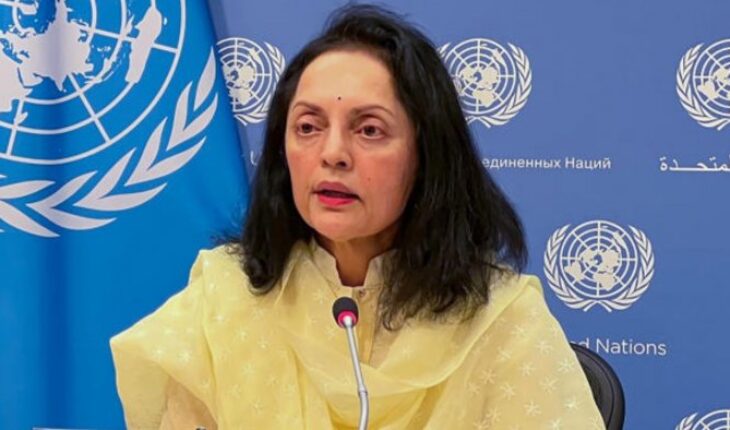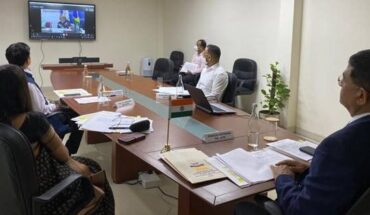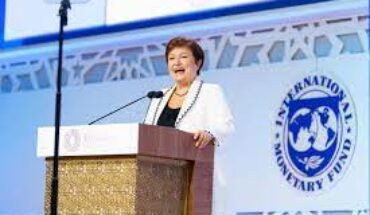United Nations: India’s Permanent Representative to the UN, Ambassador Ruchira Kamboj, has assumed the chairship of the 62nd Session of the Commission for Social Development, the first time in nearly 50 years the country has held this position within the UN agency.
“India takes immense pride in assuming this Chairmanship and remains steadfast in its commitment to leading with its core principles, working diligently for the welfare and prosperity of the global community,” Kamboj said in a tweet on Thursday as she assumed the Chair for the 62nd session of the UN Commission for Social Development on behalf of India.
In a statement, the Permanent Mission of India to the UN said Kamboj assumes the role with a primary focus on bolstering international cooperation concerning social development matters.
India’s election as the Chair of the 62nd Session of the Commission for Social Development on February 15 marks a “momentous occasion” as it was the first time since 1975 that India has held this position within the Commission for Social Development, it said.
The Chair is backed by vice-chairs from Luxembourg, North Macedonia, Dominican Republic, and a forthcoming African State election.
The central theme for the 62nd session is “Fostering Social Development and Social Justice through Social Policies to accelerate Progress on the Implementation of the 2030 Agenda for Sustainable Development and to achieve the overarching goal of poverty eradication”.
The theme underscores the vital connection between social development and social justice as they form the bedrock for achieving the Sustainable Development Goals, the statement said.
As she assumed the Chairship, Kamboj stressed that the commission’s crucial role is as an eminent intergovernmental body dedicated to addressing social challenges.
The purpose of the commission is also to advise the United Nations Economic and Social Council (ECOSOC) on social policies of a general character and, in particular, on all matters in the social field not covered by the specialised inter-governmental agencies.
The commission has 46 members, who are elected by the ECOSOC, based on equitable geographical distribution for four-year terms. India is a member of the 62nd session of the Commission for Social Development, and its term expires in 2027.
Since the World Summit for Social Development in Copenhagen in 1995, the Commission for Social Development has been the key UN body in-charge for the follow up and implementation of the Copenhagen Declaration and Programme of Action.
At the World Summit for Social Development (WSSD), held in March 1995 in Copenhagen, governments reached a new consensus on the need to put people at the centre of development.
The summit was the largest gathering ever of world leaders at that time. It pledged to make the conquest of poverty, the goal of full employment and the fostering of social integration overriding objectives of development.
At its conclusion, governments adopted a ‘Declaration and Programme of Action’ which represented a new consensus on the need to put people at the centre of development.





